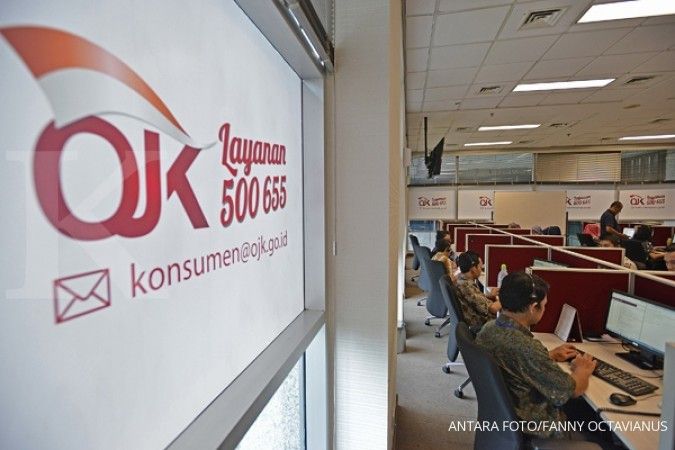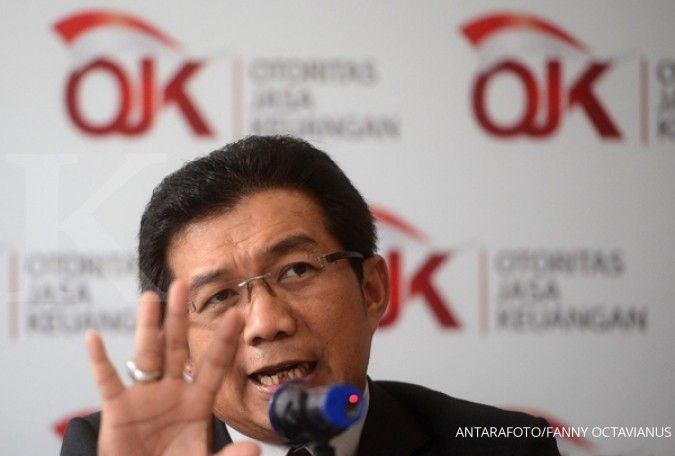JAKARTA. The Financial Services Authority (OJK) signed on Thursday memorandums of understanding (MoU) and letters of understanding (LoU) with its South Korean counterparts — the Financial Services Commission (FSC) and the Financial Supervisory Service (FSS) — to facilitate the expansion of financial firms in both countries. In his remarks, OJK chairman Muliaman D. Hadad said the agreements would enable financial companies to venture into both countries with greater ease. “Now Indonesian or South Korean banks can expand more easily. Their presence can also trigger higher bilateral-trade financing activities between Indonesia and South Korea, whose outstanding value now stands at more than US$30 billion,” he said.
FSS governor Zhin Woong-seob, meanwhile, said his office was looking forward to seeing the participation of Indonesian lenders in its banking industry, beginning with the expansion of state lender Bank Negara Indonesia (BNI) into South Korea. Zhin said his office had granted a preliminary license to BNI that would allow it to acquire to a full license soon. FSS director general for international cooperation department Kim Seong-beom said the office expected to grant the full license to BNI within the next six months after completing an assessment of the bank’s business plan. As previously reported, BNI is preparing to open an overseas branch in Seoul to serve Indonesian customers living in the country. The state lender also hopes to book higher remittances from Indonesian workers living in South Korea. It has prepared an equivalent of $30 million in funds as initial capital for the branch, as required by South Korean regulations. BNI president director Achmad Baiquni, who attended the signing ceremony, said the lender eyed higher fee-based income from trade finance and remittance activities. “Now that we are about to open a branch in Seoul, we hope we can increase our share of the Indonesia-South Korea trade financing market,” he said. BNI’s latest financial report shows it managed $15 billion in export volume and $16.1 billion in import volume last year, generating Rp 269.76 billion ($23.01 million) in recurring income. It also handled $40.2 billion in incoming remittances and $42.8 billion in outgoing remittances in 2014. In the end, the remittance business translated into Rp 225.6 billion in fee-based income.
In addition, Muliaman announced it had approved the request of South Korea’s Shinhan Bank to acquire a 40 percent stake in Bank Metro Express, a private lender based in Bandung, West Java. Metro Express is a small-sized bank in the BUKU I category, with a tier-1 capital below Rp 1 trillion. By December, its capital stood at Rp 211.67 billion. Shinhan initially wanted to take over Metro Express in 2013, when banking supervision was still under the jurisdiction of Bank Indonesia (BI). BI, however, turned down its proposal. OJK deputy commissioner for banking supervision Mulya Siregar said the acquisition was worth Rp 700 billion and that Shinhan was committed to acquiring another BUKU I lender — possibly in Surabaya, East Java. — to be merged with Metro Express. (Tassia Sipahutar)






